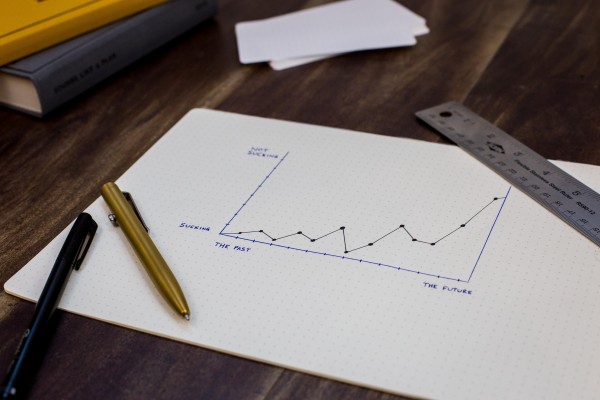How Long Will It Take Me To Get Better? PART 2!
Posted Apr 25, 2022 at 10:30
Posted Apr 25, 2022 at 10:30

‘When will I get better ?’ is one of the commonly asked questions. And it is only normal that we want to have some timescale of what to expect when it comes to our treatment. As you know from part 1 blog there are many factors affecting recovery. One being our believes of whether we can see ourselves actually getting better or not, our environment, overall health, chemical balance, emotional state and so on.
Now that you had your ‘food for thought’ regarding all the aspects of health that can speed up or hinder your return to health, let’s have a look at some figures. Who doesn’t like numbers, right?
Before we get to the numbers and timescales, again there are things that need to be considered when it comes to tissue healing time. These are things such as our age, the type of tissue that is affected, blood supply to the tissue, the extent of damage, overall health, and lifestyle and so on. Soft tissues such muscles with good blood supply will usually heal quicker than let’s say ligament to which blood supply is very limited.
Tissue healing is an important process that helps the body repair and regenerate damaged tissue. There are three phases, inflammation, proliferation and remodelling, and each has its own set of timelines for completion.
The inflammation phase is the first phase of tissue healing is inflammation, it begins immediately after injury and lasts for approximately three days. This is when we experience swelling, heat, redness, pain and often reduced function or loss of function is the affected area.
The proliferation phase is the second phase of tissue healing. This phase begins after the inflammatory phase and lasts for approximately three weeks. During this time, the body produces new cells to replace the damaged ones.
The remodelling phase The third and final phase of tissue healing is remodelling. This phase begins after the proliferative phase and can last month or even years! During this time, the body repairs and strengthens the damaged tissue.
Tissue healing is a complex and important process that helps the body repair and regenerate damaged tissue. By understanding the three phases of tissue healing and the timelines for each phase, we can optimise the tissue healing process and ensure that our bodies heal properly. While the inflammation and proliferation phases are quite short, the remodelling phase can last months or even years. The transformation of mature type III collagen during remodeling is the final stage of tissue healing, which occurs when immature form III collagen is changed into a more advanced variety: Type I. The immature, type 3 collagen that is applied first during the proliferative phase is disorganised and runs in various directions when you're injured. On the other hand, mature collagen type I is organised and runs in a parallel pattern. The term "scar tissue" may be used to describe this new tissue that replaces damaged tissue over time. The remodelling process begins around day 21 and many research suggest that may last around two years or more, depending on the damage. Keep in mind that these timings are only estimates, and they may vary for each person.
So when you wonder how long is going to take for you to get better, there are many factors to consider. One being the tissue healing time and as you can see, there are no quick fixes in nature. It is all process that takes time and needs to happen in the right circumstances. So there are timelines to help estimate what tissue healing time will be but there are other factors to consider too- such as your lifestyle, diet, beliefs, mindset and so on. If you live in constant stress, don’t rest enough and eat diet high in processes or sugary foods, your healing time may be considerably longer.
What you can do to speed up the process of healing will be a topic of another blog on here so look out for one. In the meantime, keep getting adjusted, get some tissue work, do things that are good for your mind and body and if you have any questions just ask your clinician at your next visit.